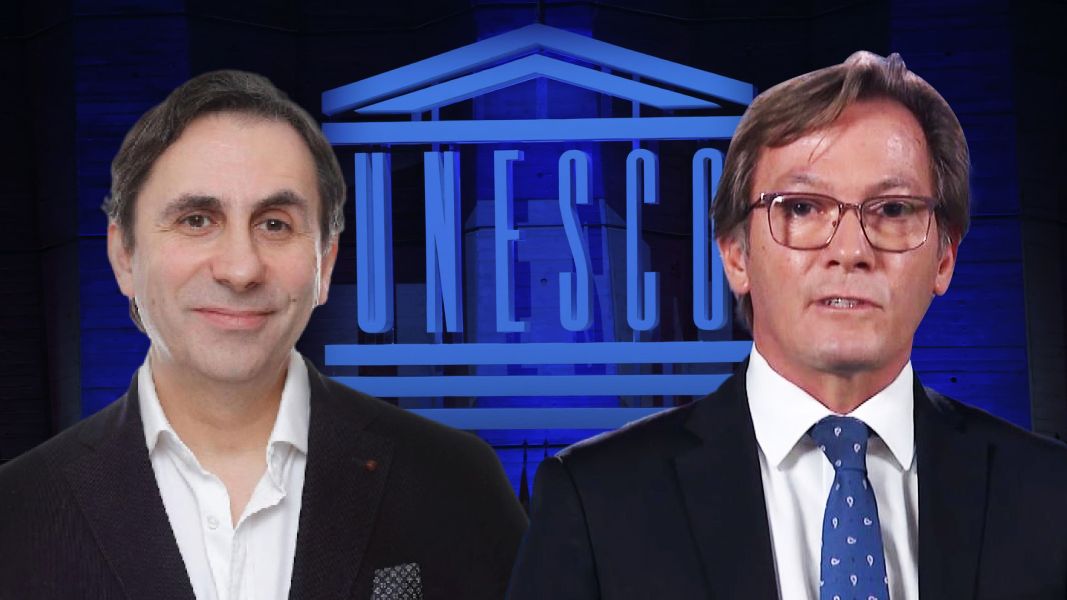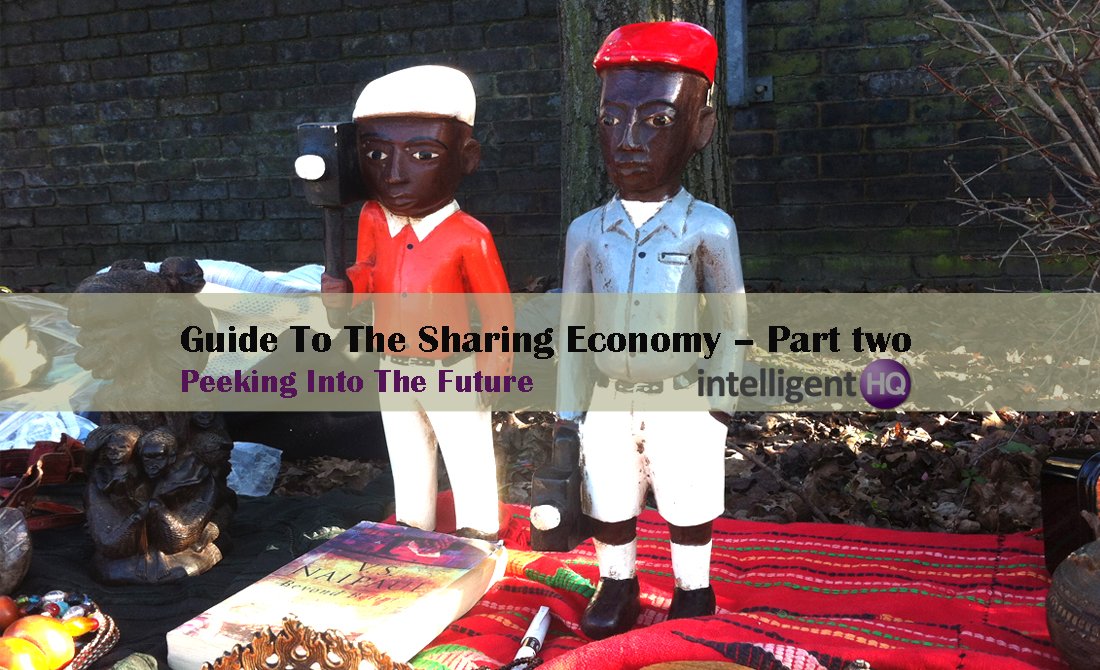Dinis Guarda interviews Dr. Sobhi Tawil, the Director of the Future of Learning and Innovation team at UNESCO, to discuss the current and future trends in the field of education in the latest episode of his YouTube podcast. The two also discussed how AI and other digital tools empower the different aspects of education, including learning and pedagogical models, and the assessment and validation methods to tackle global challenges. The podcast is powered by openbusinesscouncil.org and citiesabc.com.

Education is the fundamental human right that empowers people with knowledge, skills, and the ability to make informed decisions. In the global landscape, education plays a critical role in reducing poverty, promoting gender equality, improving healthcare, and fostering economic growth. According to UNESCO and UN SDGs, it is necessary to ensure inclusive and quality education for all, regardless of gender, race, or socio-economic background.
Speaking with Dinis, Dr. Sobhi says: “Education is at the heart of every society. It is about the reproduction, transmission, and transformation of societies, of their knowledge, specific and accumulated skills, values, and beliefs.”
He emphasised the importance of “citizenship education” in an interconnected and globalised world, an idea that equips individuals globally with the knowledge, skills, and values necessary to become active, informed, and responsible members of their communities and societies.
“There is an increasing recognition that we have shared challenges, opportunities, and aspirations, and that some of the challenges we face today are of global and planetary nature, most obviously around the environment and climate.”
Dr. Sobhi also said that while technology allows an increasing interconnectedness of the world, it also threatens the wealth and richness of its linguistic and cultural diversity.
“We also see in our technology, the need for regulation, both at the local and global levels. This is also true when we are thinking about the movement of people, migration, or a range of other issues. We need to be more diverse and innovative in our responses and our ways of addressing shared challenges”, he said.
The Futures of Education initiative by UNESCO: Transforming education fundamentally
The Futures of Education initiative represents a visionary effort to reshape the way we perceive knowledge and learning, with the profound goal of shaping a better future for both humanity and our planet. Dr. Sobhi told Dinis that this endeavour seeks to construct a novel social contract for education, firmly rooted in fundamental principles such as human rights, social justice, human dignity, and the celebration of cultural diversity.
“It is partly a foresight exercise looking at 2050 on the basis of current trends. What the world is likely to look like in 2050. But it also brings a perspective on how a different kind of education can shape an alternative future that would take us in a more sustainable direction, a more inclusive and just direction”, he says.
He also explained that the report, released in late 2021, “focuses on transforming education, critically examining what really is not working, despite our best intentions.”
Citing the reasons for transformation, Dr. Sobhi presented some statistics. He said that about 770 million adults around the world are non-literate, and about 50% of the upper secondary students are not able to finish their education due to a variety of reasons.
“Looking at the problem and finding out solutions is a part of this transformation process. We need to look at the future, where we are headed, on the projection of current trends. This is what we need to transform our education in order to shape an alternative future”, he said.
How UNESCO is shaping the future of education
During the interview, Dr. Sobhi highlighted some of the key work by UNESCO that gives an in-depth knowledge of the challenges and opportunities that technology provides, especially to the education sector.
Speaking about the potentials that lie in the release of GPT4, he told Dinis that it certainly enables better and accessible means of education for all. However, he says:
“The main message of UNESCO is that while there might be potential for education, the lack of regulation and guidance in this unchartered territory poses major challenges.”
“An Ed-Tech Tragedy?”, a book by UNESCO, explores the significant and often negative consequences of the rapid transition to educational technology brought on by the COVID-19 pandemic. Dr. Sobhi told Dinis that this initiative highlights the unintended challenges and setbacks that emerged as formal education became increasingly reliant on technology. It emphasises how, despite technological availability, many learners were left behind and the quality of education was compromised. The initiative seeks to learn from these experiences and provide recommendations to ensure that technology serves as a facilitator rather than a hindrance in the quest for universal, inclusive, equitable, and human-centred public education.
He also highlighted the 2023 “Global Education Monitoring Report” that looks more comprehensively at different facets of digital technology and education. Speaking of a comprehensive approach to digital learning, as outlined in the Global Rewired Declaration on Connectivity in Education, he highlighted the three principles that act as a guide in this realm: to centre the most marginal lines, strengthen public digital learning platforms, and ensure the interconnectedness of education systems.

Hernaldo Turrillo is a writer and author specialised in innovation, AI, DLT, SMEs, trading, investing and new trends in technology and business. He has been working for ztudium group since 2017. He is the editor of openbusinesscouncil.org, tradersdna.com, hedgethink.com, and writes regularly for intelligenthq.com, socialmediacouncil.eu. Hernaldo was born in Spain and finally settled in London, United Kingdom, after a few years of personal growth. Hernaldo finished his Journalism bachelor degree in the University of Seville, Spain, and began working as reporter in the newspaper, Europa Sur, writing about Politics and Society. He also worked as community manager and marketing advisor in Los Barrios, Spain. Innovation, technology, politics and economy are his main interests, with special focus on new trends and ethical projects. He enjoys finding himself getting lost in words, explaining what he understands from the world and helping others. Besides a journalist, he is also a thinker and proactive in digital transformation strategies. Knowledge and ideas have no limits.



























